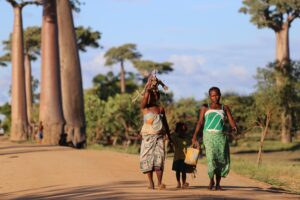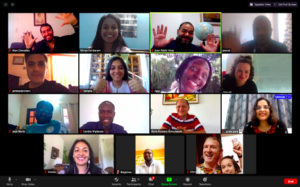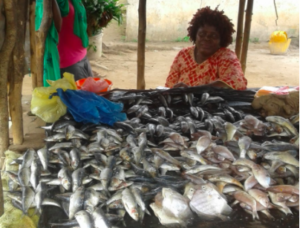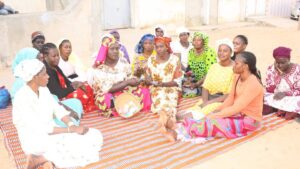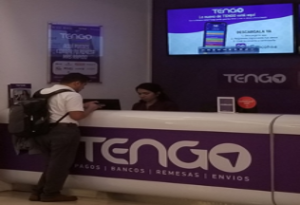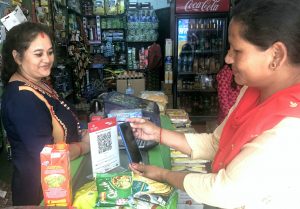In conversation with NeedsList: A tech company facilitating crisis response
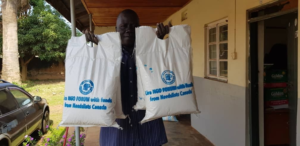
In 2019, well before covid-19, the world saw 202 natural catastrophes and 115 were man-made. Natural disasters resulted in $52 billion in losses and man-made disasters accounted for the remaining $8 billion in losses. 11,500 people worldwide perished or were missing in such disasters. Adding to this, the coronavirus pandemic has taken the world by storm since the end of 2019 and we are still facing the wrath of it.

